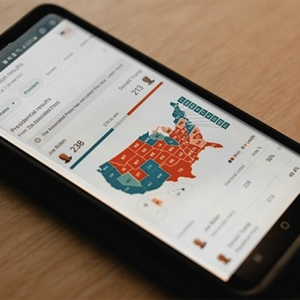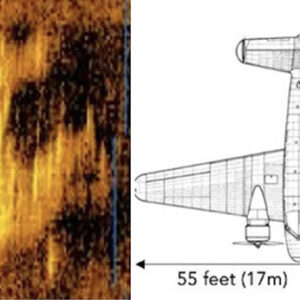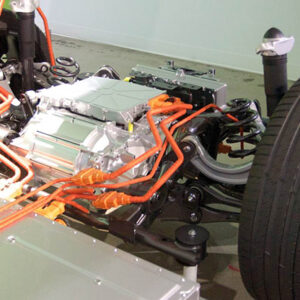
In a ground breaking experiment, scientists have been able to achieve the unbelievable. They have created embryos within a lab that are made of cells from both monkeys and humans.
With this visionary creation of embryos that contain cells from two completely different species, scientists are hopeful that they will eventually be able to grow organs for people that are in desperate need of transplants.
Within the United States alone, there are over 120,000 people that are currently on the organ transplant list as they wait to be awarded an organ that will save their lives. But unfortunately, while the number of donor organs has substantially lessened due to the pandemic, it has become even harder to get their much needed life-giving organs. And it’s only gotten worse considering how long the pandemic has dragged on over the past year.
It’s not the first time that researchers have tried to inject human stem cells into the embryos of other animals, including sheep and pigs, all in the hopes to grow transplant organs. Yet none of these experiments have actually been successful. But after turning to macaque monkeys, which are known to have a larger genetic similarity to humans, scientists are hopeful that their attempts will be much more successful.
A study was published in the journal Cell, which shares how a research group from both the U.S. and China injected 25 pluripotent stem cells from humans into macaque monkey embryos. After the first day passed, they already saw human cells starting to grow in at least 132 of the injected embryos. Incredibly, the embryos managed to survive for at least 19 days.
Yet, a number of bioethicists have shared their worries about the possibility of those abusing medical regulations in place currently that control and supervise the treatment of both animal and human subjects. Another large worry is about what they consider ‘rogue scientists’ who might possibly increase living creatures with the human cells.
In fact, science and technology fellow at Rice University’s Baker Institute, Kristin Matthews, told NPR, “My first question is: Why? I think the public is going to be concerned, and I am as well, that we’re just kind of pushing forward with science without having a proper conversation about what we should or should not do.”
Meanwhile, another professor from the University of Michigan, Jeffrey Platt, who isn’t actually involved in the study shares, “This work is an important step that provides very compelling evidence that someday when we understand fully what the process is we could make them develop into a heart or a kidney or lungs.”
The question remains though about just how ethical this practice is. In fact, the experiment had to be performed in China just to avoid legal issues since it wasn’t allowed in other countries precisely because of human morality and principles.
Although the experiment proved to be successful, scientists also chose to stop the process way before the embryos managed develop a central nervous system. But still, despite the researchers saying that “the results are very promising,” it doesn’t mean that there is nothing to worry about or negative concerns to be had.
While China has gained a reputation for gene editing, experiments just like these will not be accepted everywhere else in the world. It just makes you wonder, after all the worrisome implications that come with playing God, will it actually be worth it? It seems only time will tell.
What are your thoughts? Please comment below and share this news!
True Activist / Report a typo


